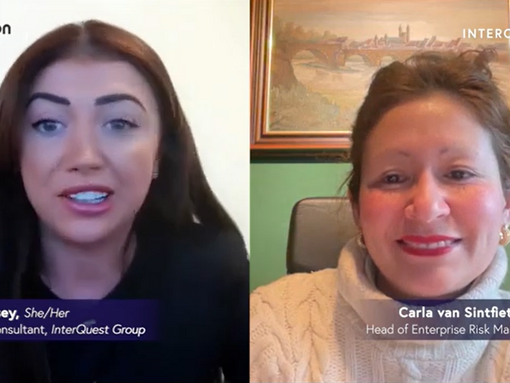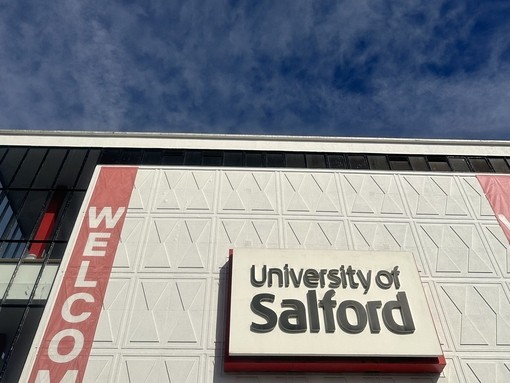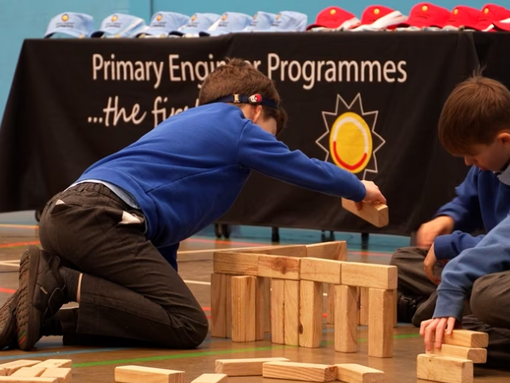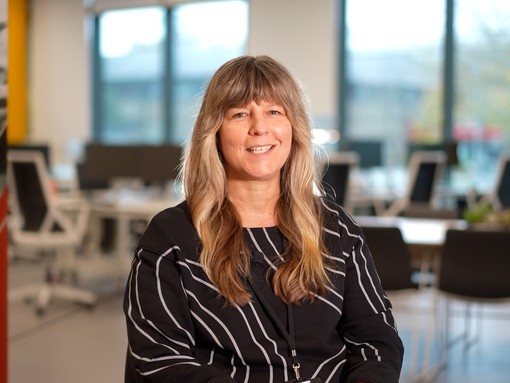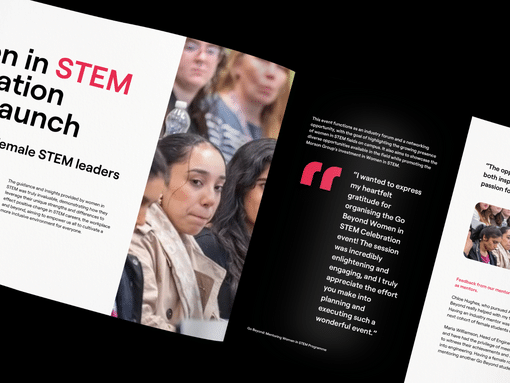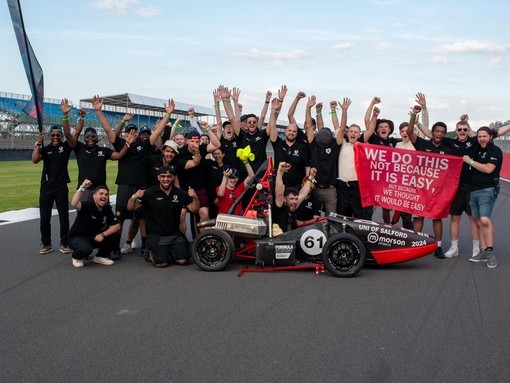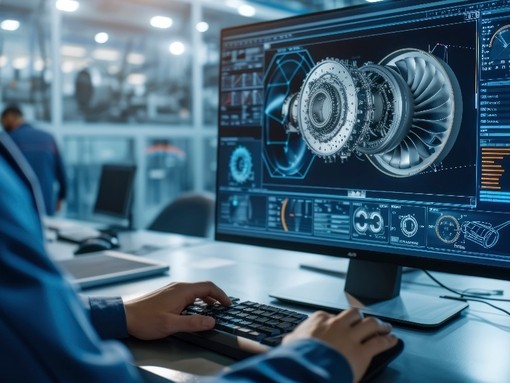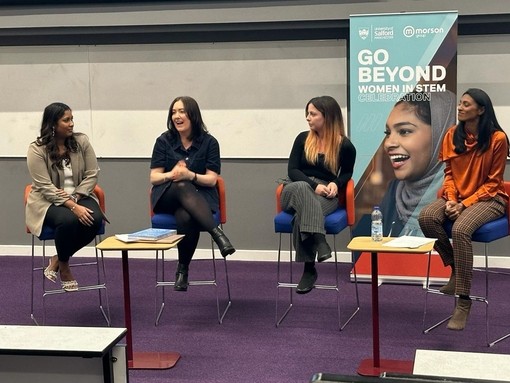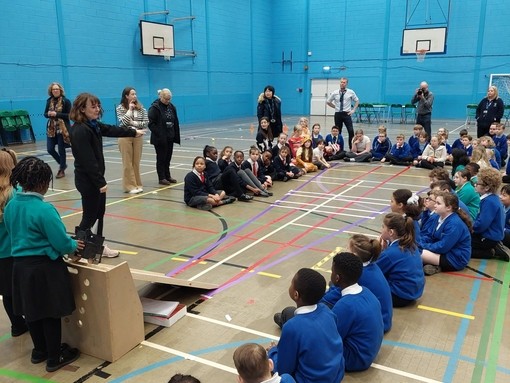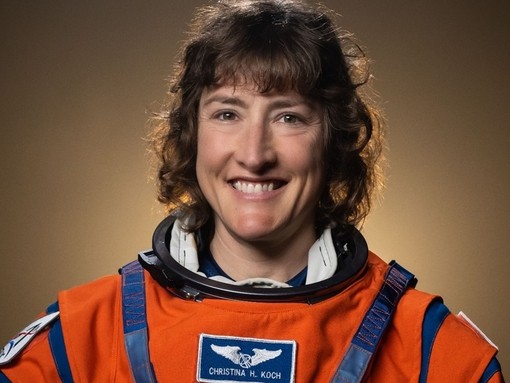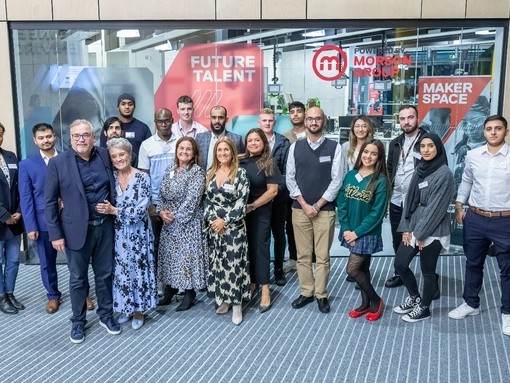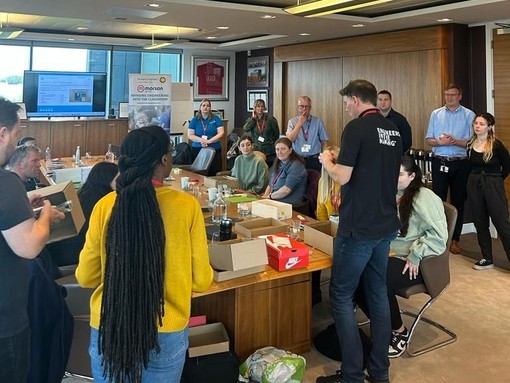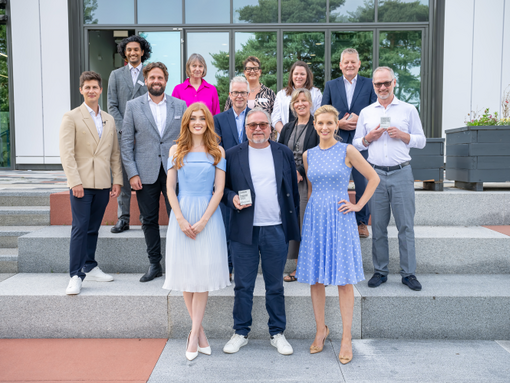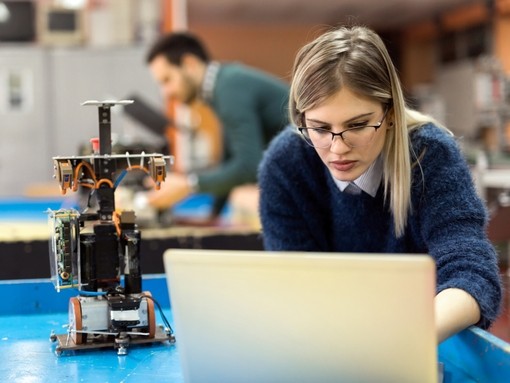
Salford Uni’s Maker Space Impact Report reveals the value of our support
At Morson, making a positive impact on future talent pools and giving back to the communities in which we operate matters to us. We know there are skills gaps, and we aim to turn them into opportunities: opportunity for learning, for engagement, for innovation, and for social mobility.
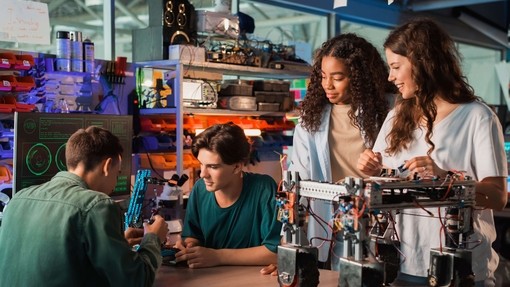
Those principles lie at the heart of the Morson STEM Foundation; an initiative in partnership with the University of Salford that includes the Gerry Mason Engineering Scholarships, our work with Into University and Primary Engineer, our support for the Go Beyond initiative to connect, engage and champion women in STEM sectors, and, of course, our involvement with the Maker Space.
This week sees the publication of the University of Salford’s annual Maker Space Impact Report, a wide-ranging, 28-page document that examines the value of the facility and the outcomes for all involved, including students, the university, key industrial/technical sectors, and our own business.
The report lays out the mission and vision for the University of Salford Maker Space and outlines the role and contribution of our STEM Foundation involvement. The report then explores how the Maker Space is empowering student potential, delivering real world impact through hands-on learning, encouraging innovation through trial and error, and developing future ready skills, including practical and technical skills, problem solving, critical thinking, and transferable skills for lifelong success.
The report also considers other aspects of the Morson STEM Foundation, including IntoUniversity, and the Go Beyond mentoring programme, highlighting both the current impact of the Maker Space, and the potential to build on that and widen talent pools for STEM sectors in the future.
Andy Hassall, Associate Director, at Morson Projects is quoted in the report and his words echo the sentiments of the whole document in articulating the central role the Maker Space is playing in nurturing talent, encouraging innovation and connecting industry with future skills pipelines. “Access to the Maker Space is no longer optional - it’s essential,” said Andy.
We see a clear transformation in students who engage with it. They gain hands-on understanding of technology’s potential and limits, turning classroom lessons into real-world skills, ready for industry. By the time they enter, they’re fluent in the language of innovation, knowing exactly how and when to use materials and processes to bring ideas to life. These are the students shaping the future, and the ones we’re eager to employ.
You can read the Maker Space Impact Report in full here.

